As a slate of anti-LGBTQ+ legislation is headed to the Tennessee legislature this week, community leaders and advocates are speaking out.
For the week of March 4th, 18 pieces of legislation are scheduled for hearings in the Tennessee General Assembly.
“Legislation before House and Senate committees this week targets diversity, equity, and inclusion programs, makes it easier to ban books, and attempts to legalize discrimination based on sexual orientation or gender identity,” leaders said in a statement prior to the meeting.
Molly Whitehorn, regional campaign director for the Human Rights Campaign, said the state currently leads the way on “discriminatory trends” in the country.
“It has passed more anti-LGBTQ+ laws than any other state, with more than a dozen passed since 2015,” Whitehorn said. “This week alone we are seeing discriminatory adoption bans, gender-affirming care bans, a bill to dissolve the Human Rights Commission with no wind-down period, and even a bill revising K-12 non-discrimination policies moving through the legislature.”
Opponents of the proposed legislation, including Whitehorn, held a press conference over Zoom to condemn the upcoming bills and explain the harm that previous laws have caused.
Rep. Justin J. Pearson (D-Memphis) called this upcoming week “alarming for our democracy,” as these bills represent a continued attack on LGBTQ+ people in the state. He also said there are more pressing issues that lawmakers should be concerned with, such as poverty and housing.
“The reality is that in this legislature, division and separation and othering of communities is what is consistently causing pain, hurt, and heartache to our most marginalized communities,” Pearson said. “It’s hard to be on the House floor and see people talking about banning pride flags, but not talk about banning assault weapons that are killing children across our state and across our country.
Molly Quinn, executive director of OUTMemphis, said it’s “astonishing” that the LGBTQ+ community has to continuously defend themselves against attacks such as the list of proposed bills to be heard this week.
“That means there is no other single subject receiving this much attention in the halls of our legislative branch this week,” Quinn said. “There are so many essential issues affecting communities in Tennessee right now, and we need our lawmakers to be focusing on what our communities truly need and not using these bullying tactics to distract from other social problems.”
Quinn said the effects of these bills “trickle down into the community,” explaining that the effects of discriminatory bills last year caused more young people to reach out to OUTMemphis than ever before, as many had faced discrimination in school settings. Quinn added they had a “three times” increase of people reaching out to their emergency services.
“It was unlike anything we had ever seen,” said Quinn.
Quinn said attacks on the transgender community reached “unprecedented political levels” last year. In the previous session, the Tennessee legislature passed legislation that made it illegal for healthcare providers to administer puberty blockers and other forms of gender-affirming care to minors.
Another attack targeting transgender people in the state involved the dismissal of a lawsuit which would have allowed individuals to change their gender markers on their birth certificate. As a result of this, TaMesha Kaye Prewitt, transgender service manager for OUTMemphis, said she went into “emergency response mode” after this decision. She said her community is “exhausted and brokenhearted” by the continuous attacks by the Tennessee legislature.
“I live and work alongside a community of courageous trans individuals, but we are fed up and see the harms of these bills,” said Kaye Prewitt. “Each time these bills become law, we see the real impact up close on families and individuals.”
The Tennessee Equality Project has dubbed these bills the “Slate of Hate,” and a full list and description can be found here.

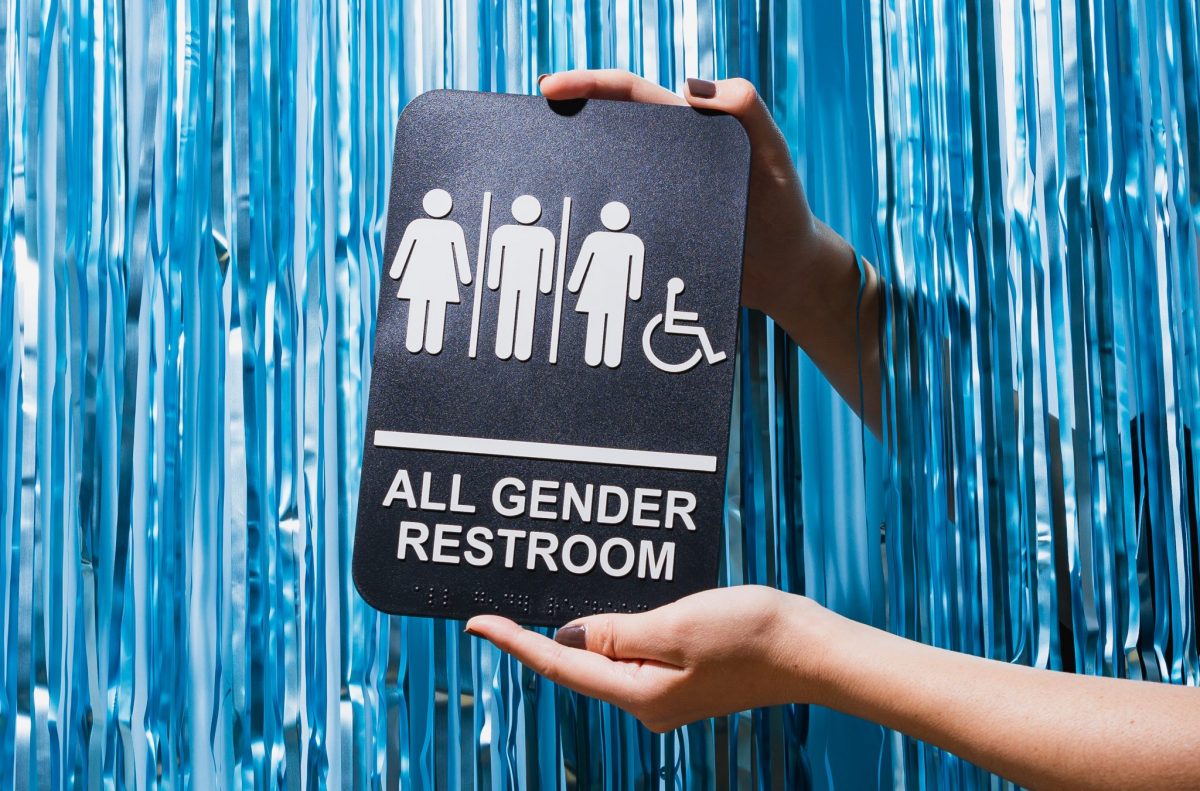

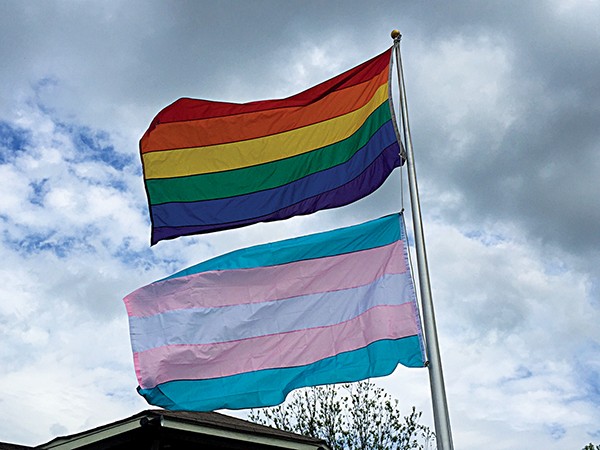
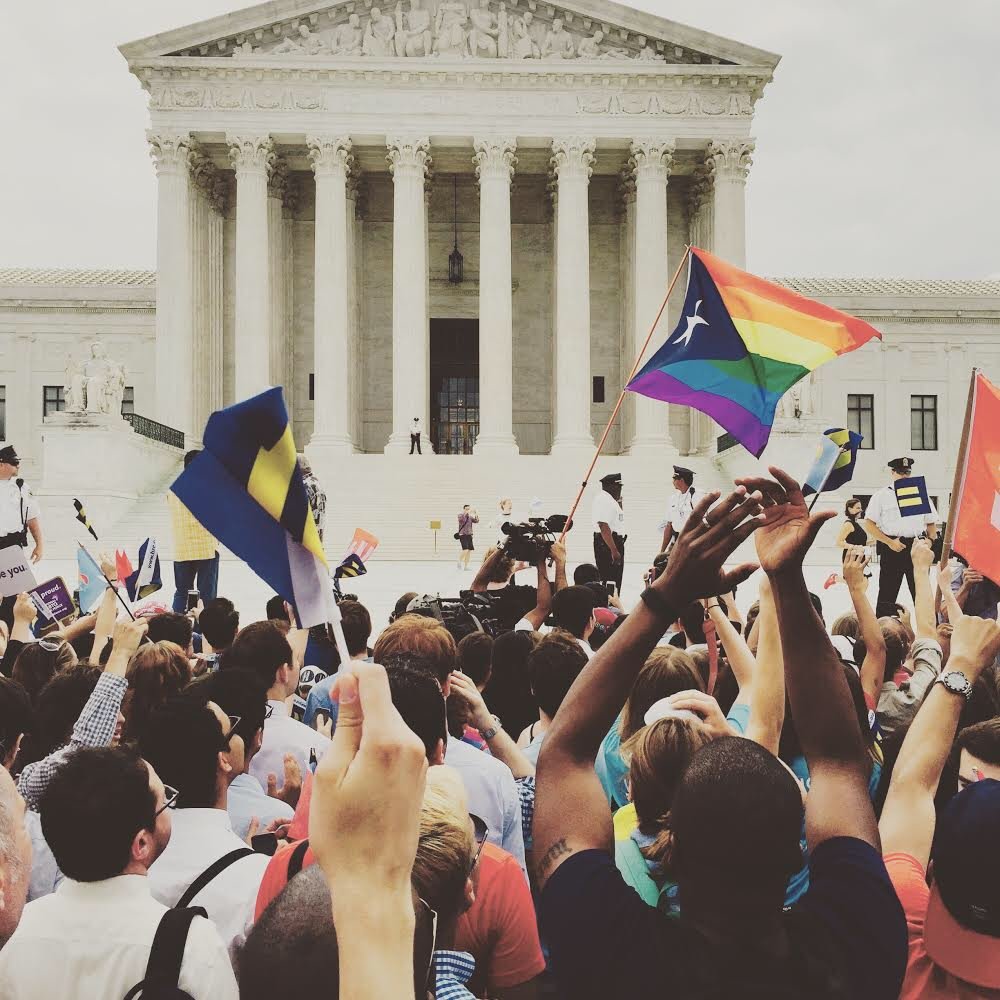
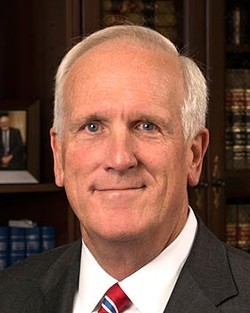



 Human Rights Campaign
Human Rights Campaign 

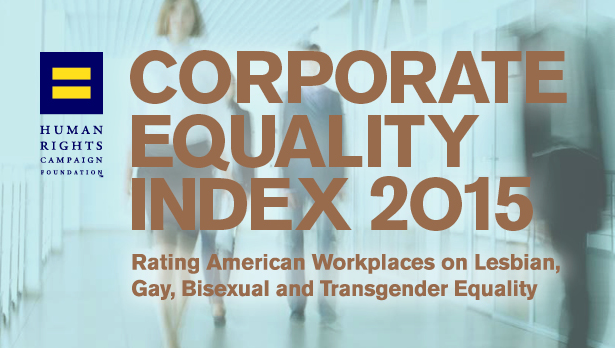
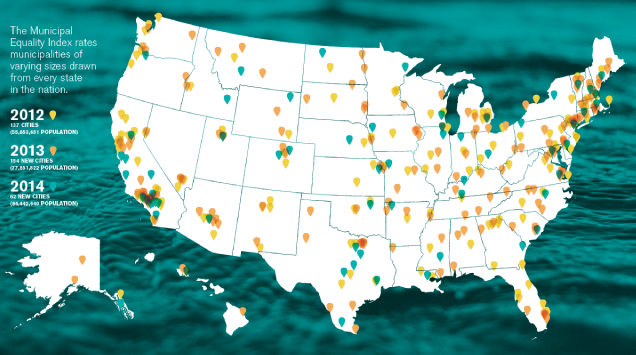 Human Rights Campaign
Human Rights Campaign